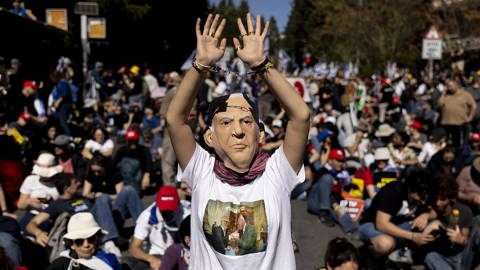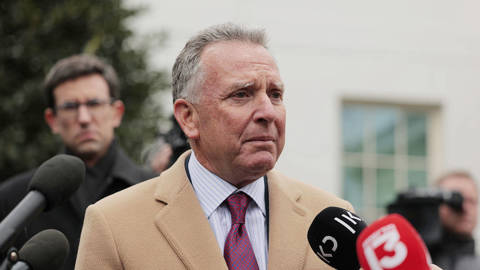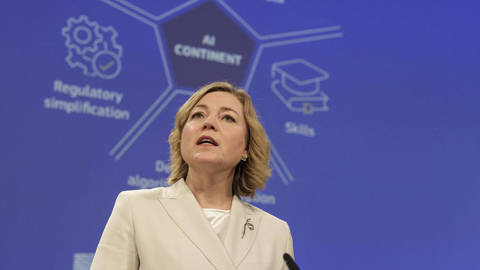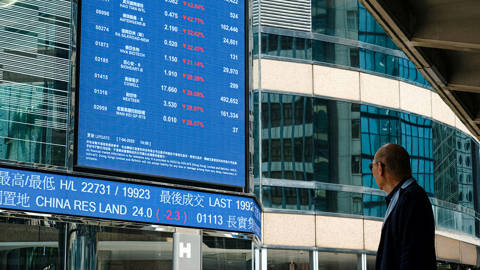Kemal Derviş
Kemal Derviş, a former minister of economic affairs of Turkey and administrator for the United Nations Development Programme, is a senior fellow at the Brookings Institution.
-
What Are the West’s Strategic Goals in the Ukraine War?
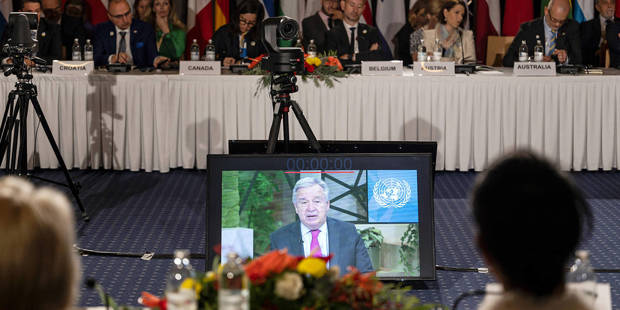
What Are the West’s Strategic Goals in the Ukraine War?
Aug 24, 2022 Kemal Derviş thinks rich democracies’ stance toward Russia and the Global South will be key to shaping the future world order.
-
Will Ukraine's Tragedy Spur UN Security Council Reform?
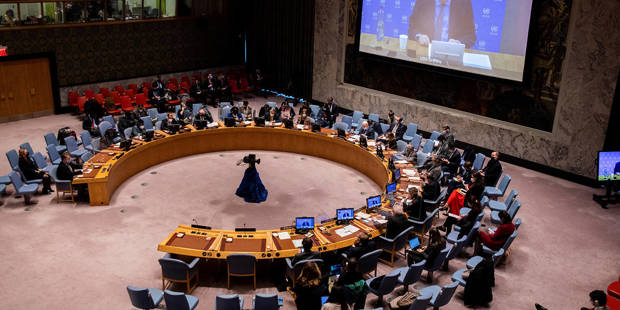 Free to read
Free to readWill Ukraine's Tragedy Spur UN Security Council Reform?
Mar 3, 2022 Kemal Derviş & José Antonio Ocampo argue that a mechanism for overturning permanent members’ vetoes would make the organization more effective.
-
The Democratic Threat to Democracy
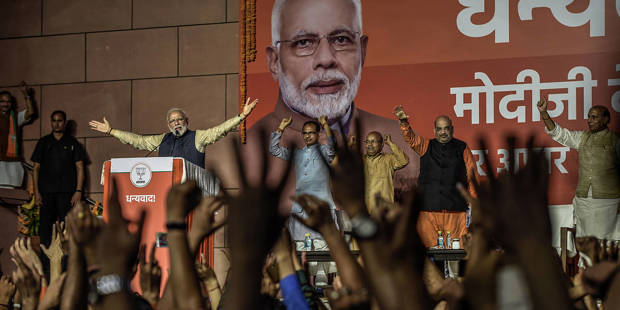
The Democratic Threat to Democracy
Dec 31, 2021 Kemal Derviş argues that the shortest route to autocracy runs through illiberal majoritarianism, not Leninist vanguardism.
-
Europe's Two Peace Missions
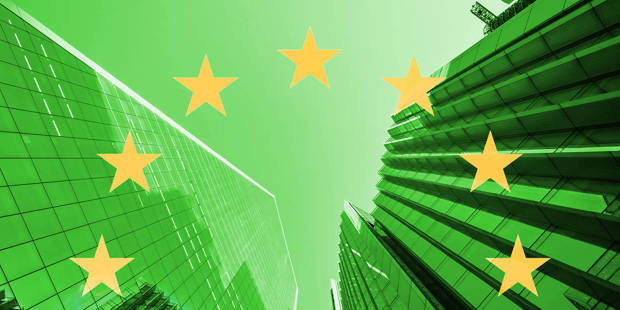
Europe's Two Peace Missions
Nov 30, 2021 Kemal Derviş urges the European Union to act as a global standard-setter on climate change and dual-use technologies.
-
Cautious Optimism on the Road to Glasgow
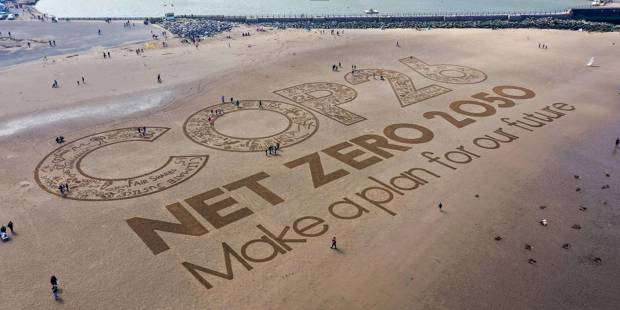
Cautious Optimism on the Road to Glasgow
Oct 14, 2021 Kemal Derviş cautions against climate complacency in the run-up to the United Nations’ crucial COP26 summit.
